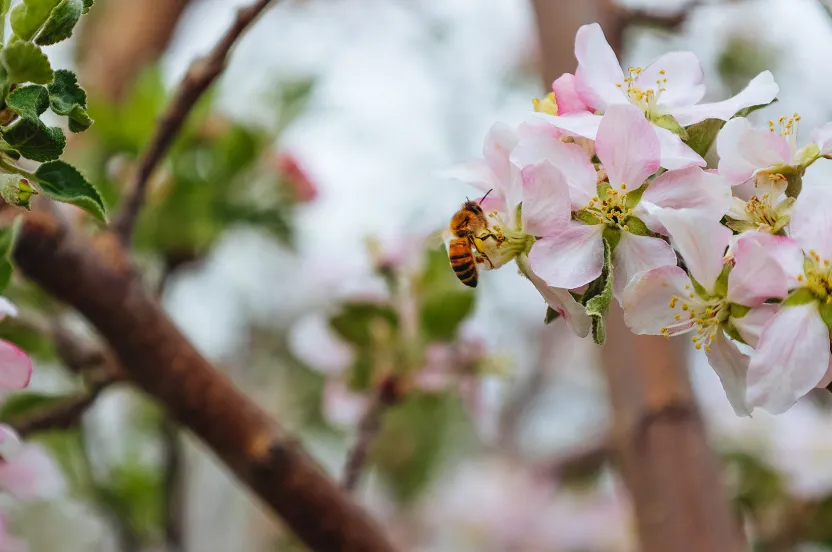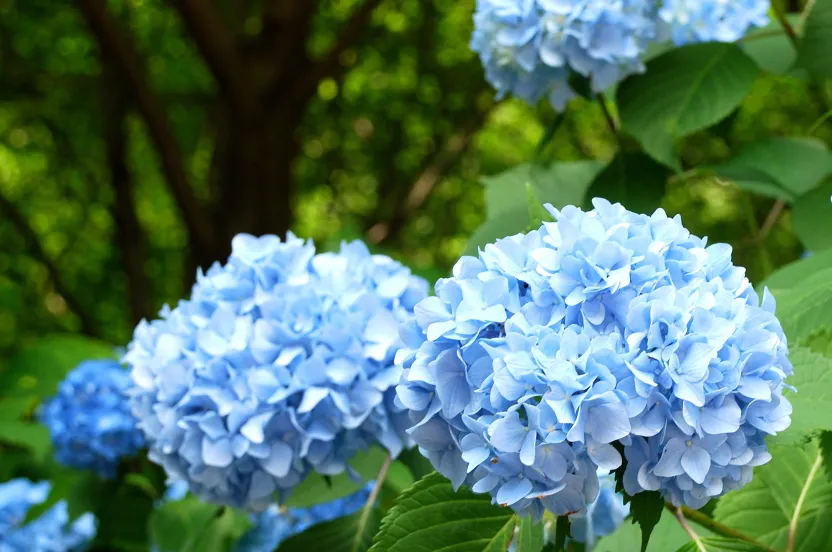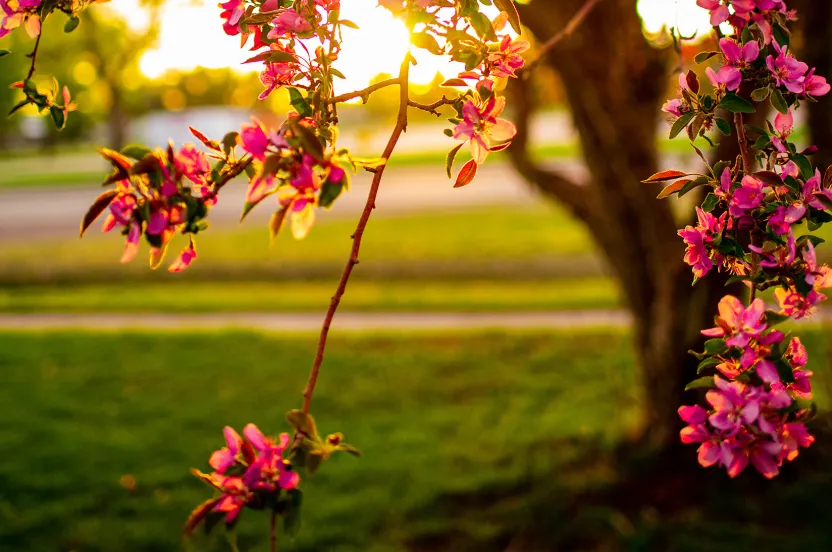Give before midnight on July 31 to double your impact where trees need us most. CHOOSE A PROJECT
Design
Hedgerow Bird Shelter or Bird Magnet Design
Increase the number of birds in your yard with this great four season color hedgerow. The trees and shrubs in this design have been selected both for their beauty and their ability to create habitat and provide food for birds.
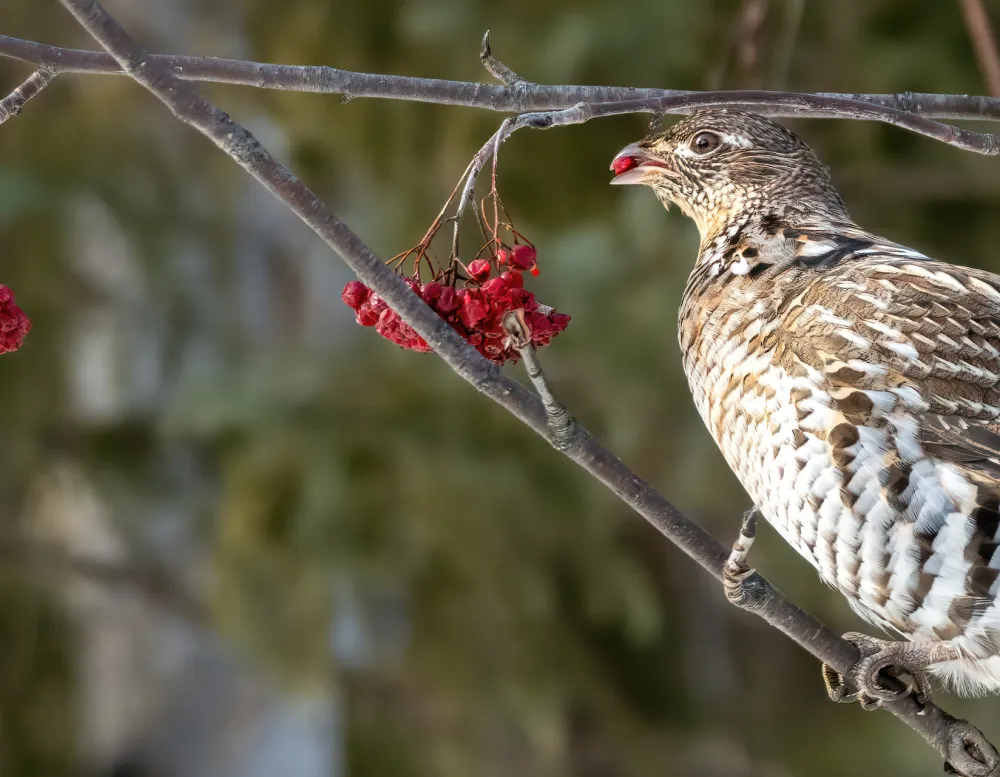
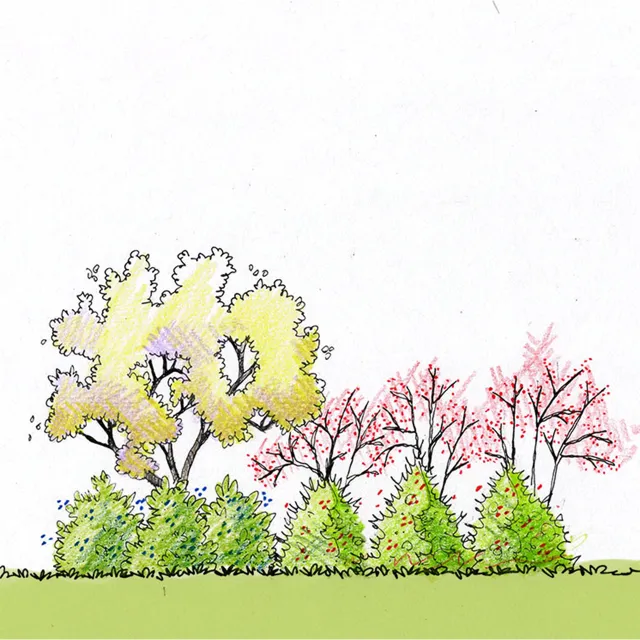
Included Species
| Included Species | Quantity |
| Washington Hawthorn |
1 |
| American Cranberrybush Viburnum |
3 |
| Arrowwood Viburnum |
3 |
| Winterberry Holly |
3 |
Design Information
Specifications
Planting Specifications
- Hardiness Zone: 4-7
- Sun Exposure: Full sun
- Space needed: 45 feet by 25 feet
- Required topography: Flat to rolling
Layout
The Hedgerow Bird Shelter begins with the installation of the Washington Hawthorn. Once it is installed the locations for the Winterberry Hollies, American Cranberrybush Viburnums and the Arrowwood Viburnums can be easily determined with a few simple measurements.
Recommended Use & Design Principal
The Hedgerow Bird Shelter is a great addition to any bird lover's garden. The Hedgerow Bird Shelter not only offers bird's refuge and food but is also a beautiful aesthetic addition to any garden. Multiple Hedgerow Bird Shelter combinations can be purchased and installed end to end to increase the length of the planting as needed based on your available space.
Washington Hawthorn's white flowers in early June start the color show. Reddish-purple leaves turn dark green, then orange, scarlet or purple. Small, glossy red fruits stay on the tree into winter, and are preferred by songbirds.
The American Cranberrybush Viburnum has excellent fall foliage color which may be yellow, red, orange or burgundy and is just one of the many attributes of this large and attractive native shrub. Showy, snow-white, flat-topped flowers appear in mid- to late-May. Beginning in September, bright red fruits serve as food for birds and wildlife.
Arrowwood Viburnum is a multi-stemmed, rounded shrub with creamy white late spring or early summer flowers. Leaves are lustrous, dark green in summer changing from yellow to glossy red and reddish-purple in the fall. Flowers are followed by blue-black berries that ripen in early fall. This shrub provides food, cover, and nesting sites for birds, and larval food for butterflies and moths.
The Winterberry Holly, a cultivar of our native wetland holly, has abundant clusters of long-lasting, bright red fruits and lustrous, thick, dark green leaves. The leaves fall off the shrub in autumn creating a brilliant berry display in the winter landscape.
Peak Time(s)
Spring
- American Cranberrybush Viburnum: white bloom continues to early summer
- Arrowwood Viburnum: white bloom continues to early summer
Summer
- Washington Hawthorn: white bloom, followed by reddish-purple leaves that turn dark green
- American Cranberrybush Viburnum: white bloom
- Arrowwood Viburnum: white bloom
Fall
- Washington Hawthorn: fall color, turning orange, scarlet or purple
- American Cranberrybush Viburnum: red berries and fall color which may be yellow, red, orange or burgundy
- Arrowwood Viburnum: blue-black berries and fall color changing from yellow to glossy red and reddish-purple in the fall
Winter
- Winterberry Holly: red berries
- Washington Hawthorn: red berries
